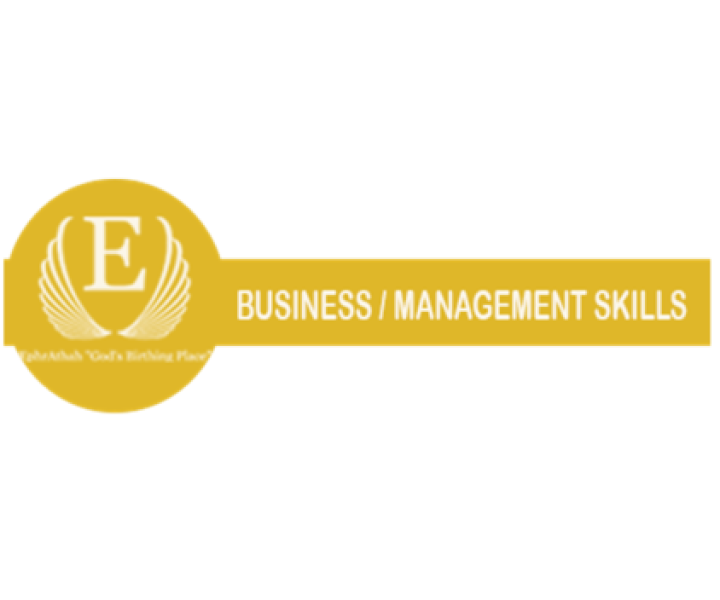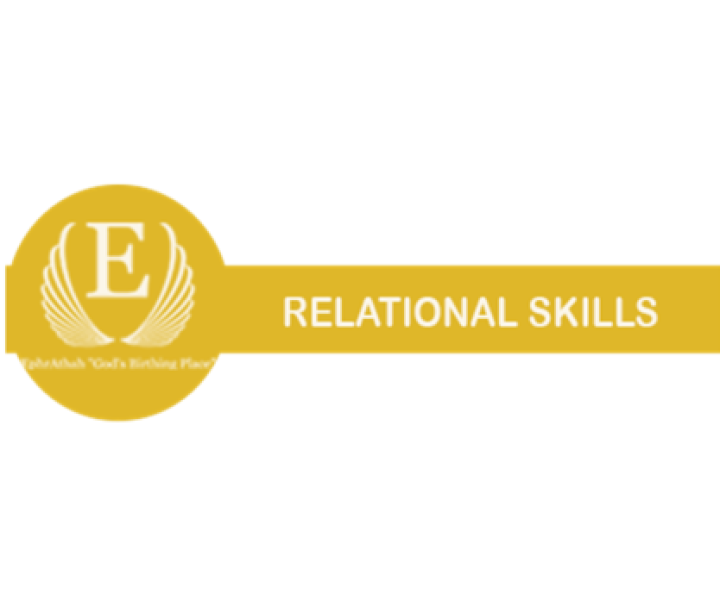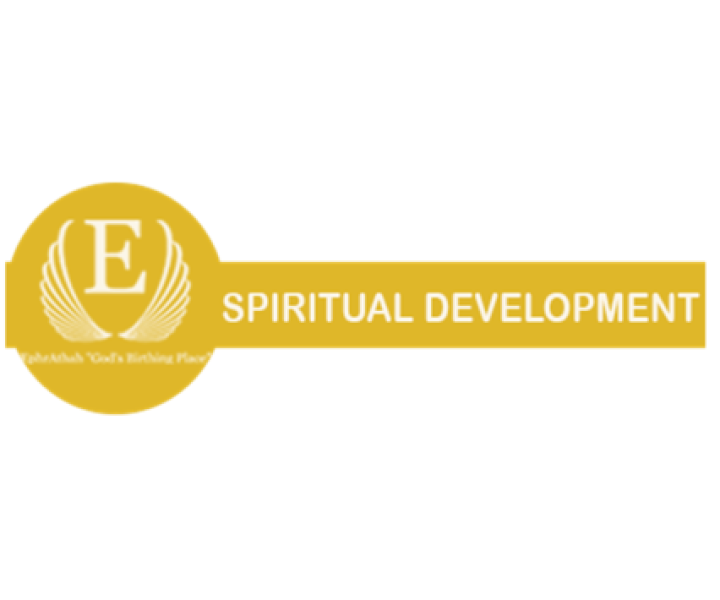Is your reflective learning process giving you nightmares?
Don’t you just hate it when your reflective period ends up keeping you awake all night?
Take for example, you attend an event and was asked to do something you did not prepare for. Do you politely say ‘No’ or you accept the task and hope for the best?
‘Why didn’t I do this? Why did I do that? If only I had said this….If only I didn’t say that. What if what I said, or did, was not enough or too much? What if it was the wrong or inappropriate thing to say or do? What if the way I performed gave people the wrong impression? What if? What if? What if?’ And so the mind rumblings go on until you realise that it is almost morning and you have not slept a wink. And to make matters worse, you have a busy day ahead, which compounds some of yesterday’s challenges. You are already tired; so tired that you feel you may not be able to make your best decisions.
All throughout our daily routine, we are faced with having to make decisions, some with short-term consequences, others which will affect us in the long-term (for example, a career decision, an investment decision, a decision concerning getting married or remaining single}. What guidance is there that will enable us to enjoy a peaceful sleep?
Reflection is a great tool for personal, work and social creative thinking. It entails learning from experience by deeply thinking about what you did, what happened as a result and deciding from that what you would do differently (if indeed anything) in the future.
The benefits of reflection include moving you away from what may seem like theoretical issues into a more practical, explorative,
structured approach, where old actions are reframed (Explore the work of Chris Argyris in this area).
The process makes you more self-aware, providing insight into complex situations. Reflection can trigger genuine learning about your values and goals and your expectations from, and feelings about,
self and others. Apart from areas of improvement, the process can highlight what you have done well and can be repeated.
Here are some things which I have learnt over the years:
· Learn how to say ‘No’ gracefully. And mean it.
· Think before you speak. Often, we get caught up in the moment and forget to take time to process our thoughts to ensure
that each sentence spoken precisely reflects the message intended.
· Think of your audience. Are you pitching your delivery at the right level? What’s their feedback or body language saying?
· Think of timing. Is it the right time to say what you truly think, or do that particular action?
· Is this event about you or is it about others? Are you involved because others do not want to be?
· Is what you have to say or do life-changing? We set out to make a difference but is it positive?
· Have you written down your learning experience as part of the reflection process?
Remember you cannot change what is done but you can use it for improving the future and for developing best practice. Words cannot come back to you once spoken. What you have not said has not been heard and if you do need to say it maybe an opportunity will later present itself. Therefore, do not beat yourself up about the past. Learn from the experience. Say to yourself, ‘It is over. I am moving on. I have reflected. Now I will sleep’. Then, go to sleep.
Journalling
Think of a recent experience that has caused you lack of sleep.
How can you utilise the reflection process to help you avoid this in the future? What changes are you prepared to make from today?
Email me some of your ideas.
Until next time




